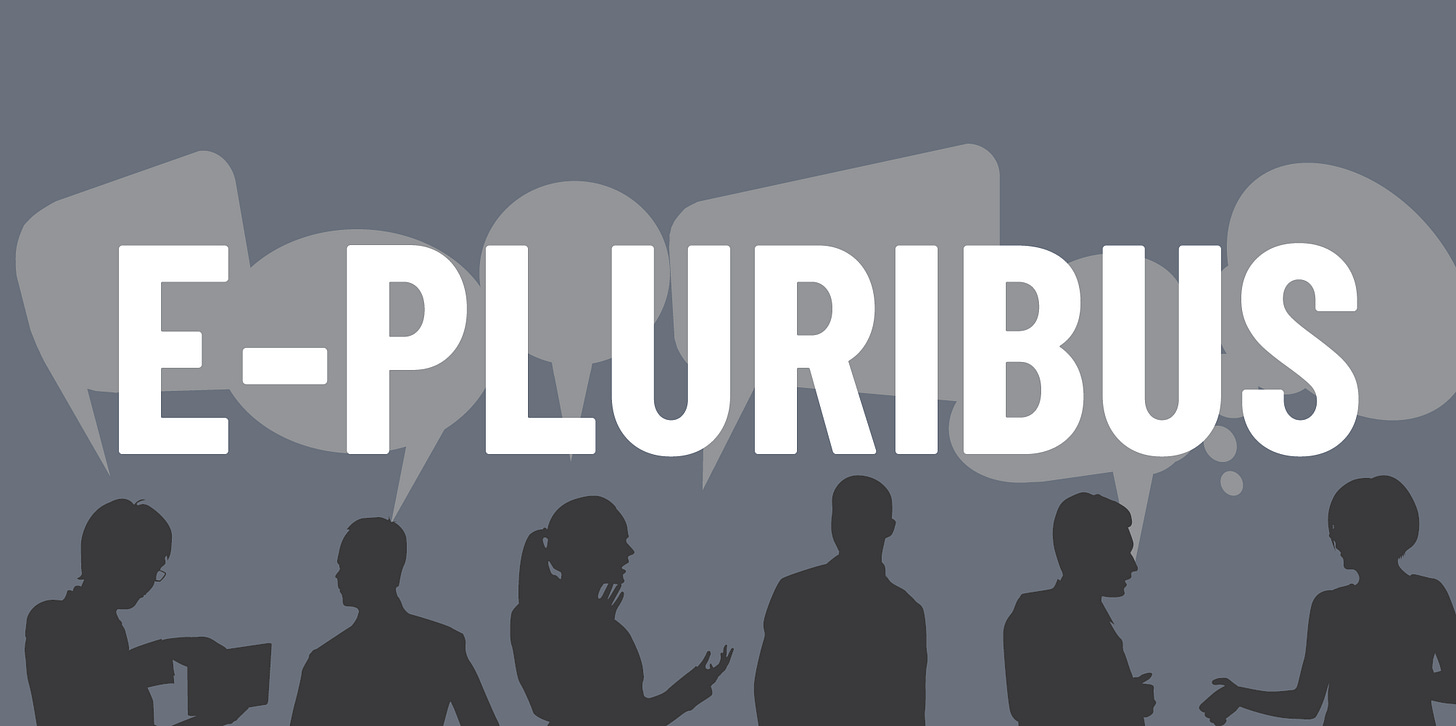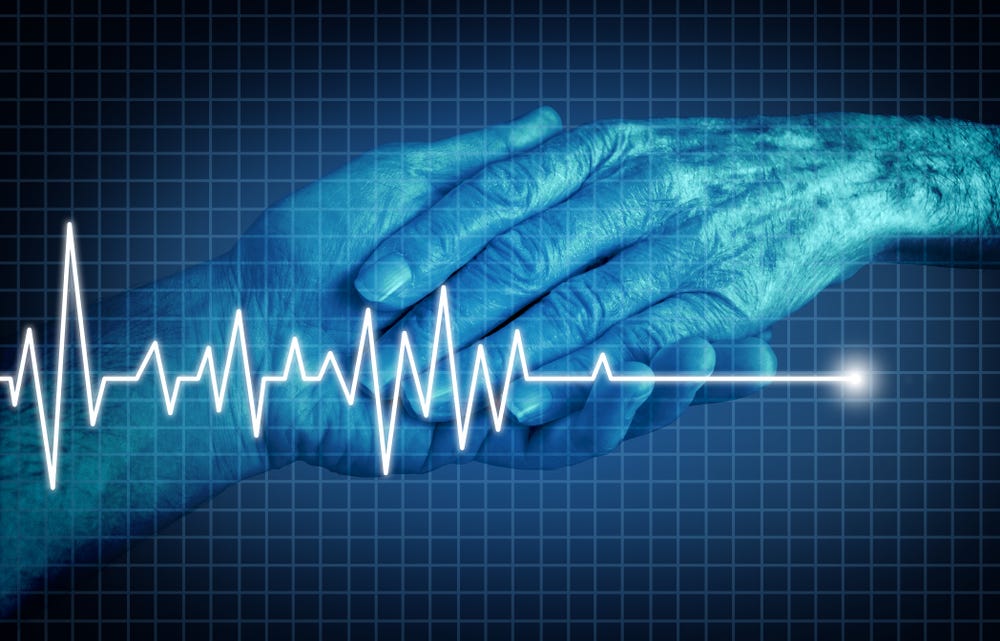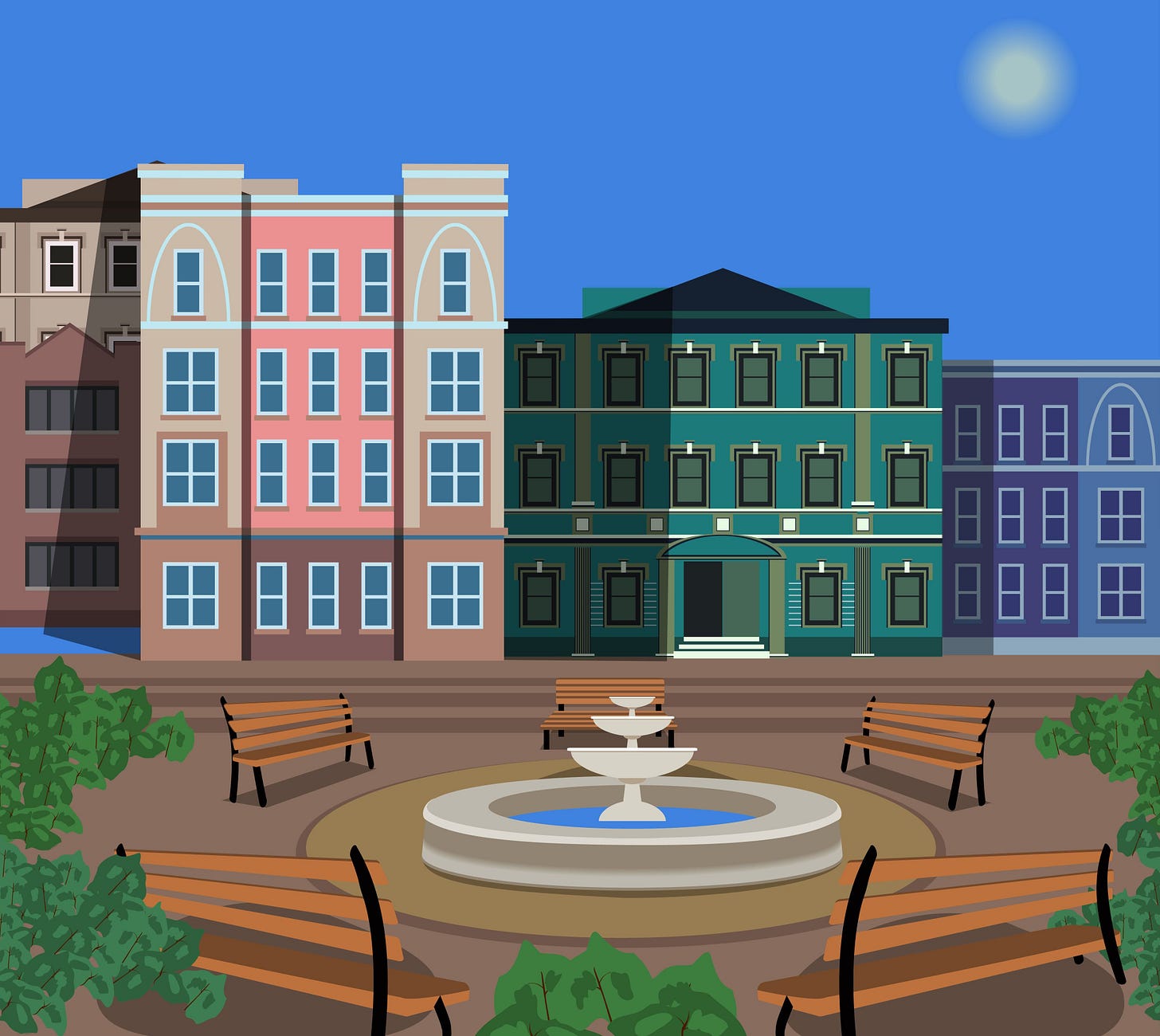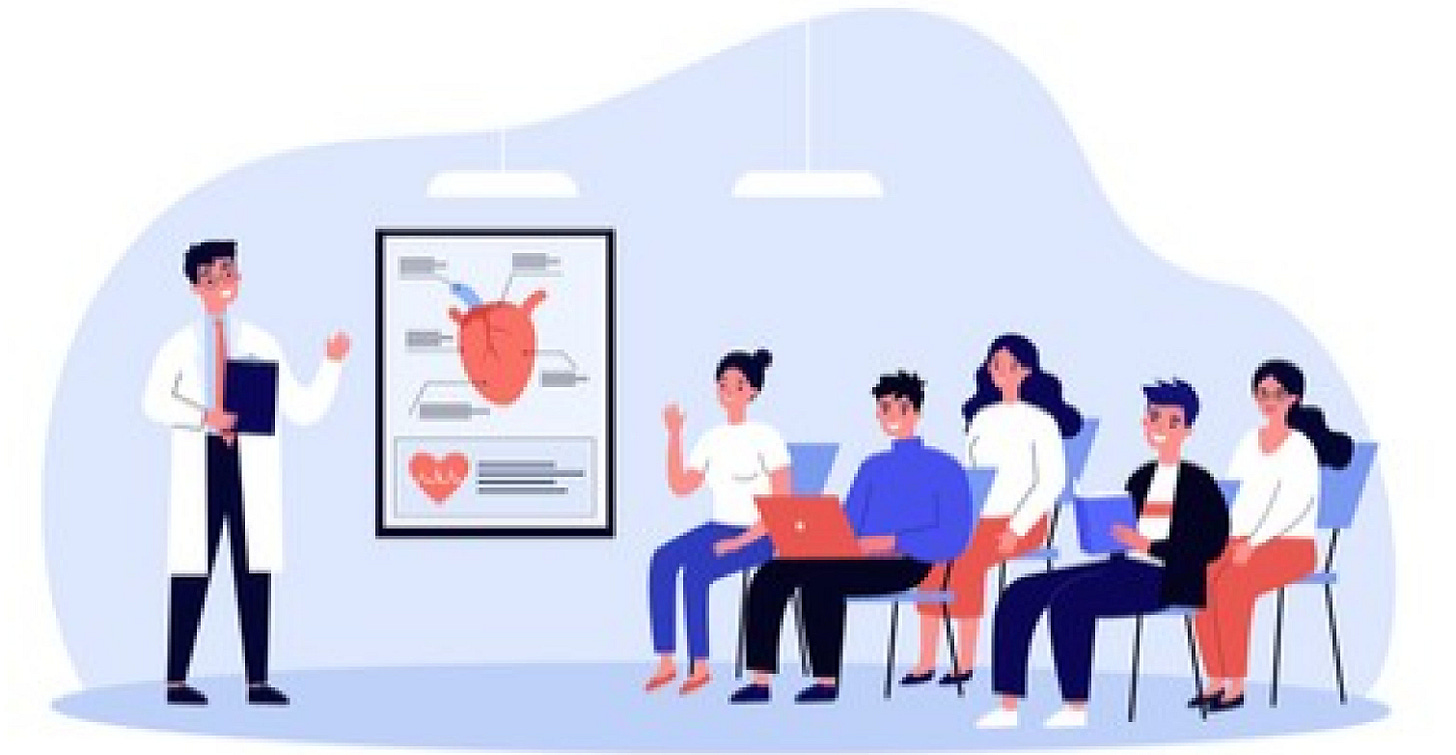E-Pluribus | December 5, 2022
Euthanasia's pernicious effects on Canada; Twitter as town square - or not; and DEI makes more inroads on medicine.
A round-up of the latest and best writing and musings on the rise of illiberalism in the public discourse:
Ross Douthat: What Euthanasia Has Done to Canada
While much is written today about the drift toward a post-liberal civilization, Ross Douthat looks at Canada and worries about a post-civilized civilization. In the New York Times, Douthat examines the soaring euthanasia statistics in Canada since its legalization and the ways the practice is apparently undermining other fundamental principles of ethics in that country.
In the era of populism there is a lively debate about when a democracy ceases to be liberal. But the advance of euthanasia presents a different question: What if a society remains liberal but ceases to be civilized?
The rules of civilization necessarily include gray areas. It is not barbaric for the law to acknowledge hard choices in end-of-life care, about when to withdraw life support or how aggressively to manage agonizing pain.
It is barbaric, however, to establish a bureaucratic system that offers death as a reliable treatment for suffering and enlists the healing profession in delivering this “cure.” And while there may be worse evils ahead, this isn’t a slippery slope argument: When 10,000 people are availing themselves of your euthanasia system every year, you have already entered the dystopia.
Indeed, according to a lengthy report by Maria Cheng of The Associated Press, the Canadian system shows exactly the corrosive features that critics of assisted suicide anticipated, from health care workers allegedly suggesting euthanasia to their patients to sick people seeking a quietus for reasons linked to financial stress.
In these issues you can see the dark ways euthanasia interacts with other late-modern problems — the isolation imposed by family breakdown, the spread of chronic illness and depression, the pressure on aging, low-birthrate societies to cut their health care costs.
Read the whole thing.
Angel Eduardo: Twitter is Not the Town Square
Descriptions of Twitter range from an indispensable part of the Constitution’s guarantee of free speech to a “private company's microblogging platform.” Angel Eduardo at Quillette writes that how we view Twitter determines how it and similar platforms should be treated by the government and what right and responsibilities should be imputed to this (relatively) new form of public discourse.
This reveals the actual problem, however: Right now, websites like Twitter exist in the public consciousness in a kind of superposition—Schrödinger’s public square. On the one hand, they are platforms with outsized power over and influence—serving as forums for discussion and debate, the dissemination of news (real and fake), and the hotbed of our culture. Politicians, institutions, and public figures recognize this, and as a result put a great deal of energy into and emphasis on their presence there. Regardless of the reality, the perception is that platforms like Twitter are something real and must be reckoned with. On the other hand, social media platforms are businesses, and as a result are under no obligation to become public squares, or to become better ones, simply because that’s what we’ve decided they are or how we have chosen to use them.
Imagine us wanting Starbucks to take more seriously its function as a co-working space. It can, and it could benefit from doing so, but it doesn’t have to because that’s not what it actually is or why it exists. Starbucks can turn every one of its locations into a walk-up window without any seating or wifi, and there’d be nothing wrong with that in principle—and there’d be nothing we can say about it with any moral or political authority. You’d just have to write your screenplay or hold your startup meetings somewhere else.
The real question isn’t whether platforms like Twitter and Facebook are public squares (because they aren’t), but whether they should be. Should everyone have a right to access these platforms and speak through them the way we all have a right to stand on a soap box downtown and speak through a megaphone? It’s a more complicated ask than we realize—certainly more complicated than those (including Elon Musk himself) who seem to think merely declaring Twitter a public square is sufficient.
Read it all.
Dean Robinson: Woke Insanity Detected in Another Patient: Tulane School of Medicine
Clinical professor of psychiatry Dean Robinson writes at National Review of his recent experience at Tulane School of Medicine where he teaches. His story will do nothing to allay concerns related to the impact of Diversity, Equity, and Inclusion on today’s scientific and medical communities.
But that’s not what Tulane is promoting now. Over the summer, every member of the department of psychiatry was ordered to attend a daylong “Diversity, Equity, and Inclusion Retreat.” My turn came on October 1, when my colleagues and I were subjected to seven hours of stereotyping and shaming. It stigmatized white people as being responsible for the ongoing oppression of others and insisted that the only way Caucasians may demonstrate opposition to racism is to acknowledge and admit to being racist. I’m still scratching my head over that one.
We also learned that oppressors are inherently distinguishable by simple observation of white skin color, male or cisgender sexual preference, traditional religious beliefs, English as a first language, Canadian or American nationality, privileged access to higher education, and other characteristics. The presentation included a handy checklist that allowed me to determine where I fall in the hierarchy of oppressors. We were essentially told that providing equity in access and outcome should be our goal in medicine, rather than providing the best care to the patient in front of us.
[ . . . ]
Passive silence — both during the retreat and subsequently — is a frightening response. We have acquiesced to self-censorship that extends far beyond the one day of mandatory indoctrination, and this will now inhibit our interactions 365 days a year. One of my black colleagues put it this way: “If you speak out, well it’s sort of expected, since after all, you’re a white guy, and assumed to be racist. But if I speak up, then I’m a race traitor.”
Yet silence and professional timidity carry a price for our patients. Physicians, and especially psychiatrists, must be willing to delve deeply into the history and sensibilities of each patient to provide the best treatment. Tulane should be teaching our residents and students how to competently and empathically finesse this delicate and difficult process. Instead, my colleagues and I are increasingly concerned that our frank guidance could be interpreted as microaggressions or manifestations of our “oppression” and “privilege.” Out of self-preservation, we are thus likely to limit the instruction and feedback we give future physicians, depriving them (and their future patients) of the skills vital for optimal treatment.
Read it all here.
Around Twitter
A Tablet Magazine piece from a couple of weeks ago by its editor-in-chief Alana Newhouse on what she called “Brokenism” is drawing a growing and eclectic crowd of admirers:
Wesley Yang on the disturbing transformation of the treatment of trans-identifying youth:
And finally, the Constitution of the United States had a nice run, but per former president Donald Trump, Elon Musk’s release of the Twitter Files on the Hunter Biden laptop incident has rendered it moot. Time to regroup! Constitutional Convention, anyone?











